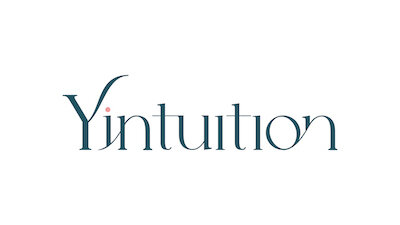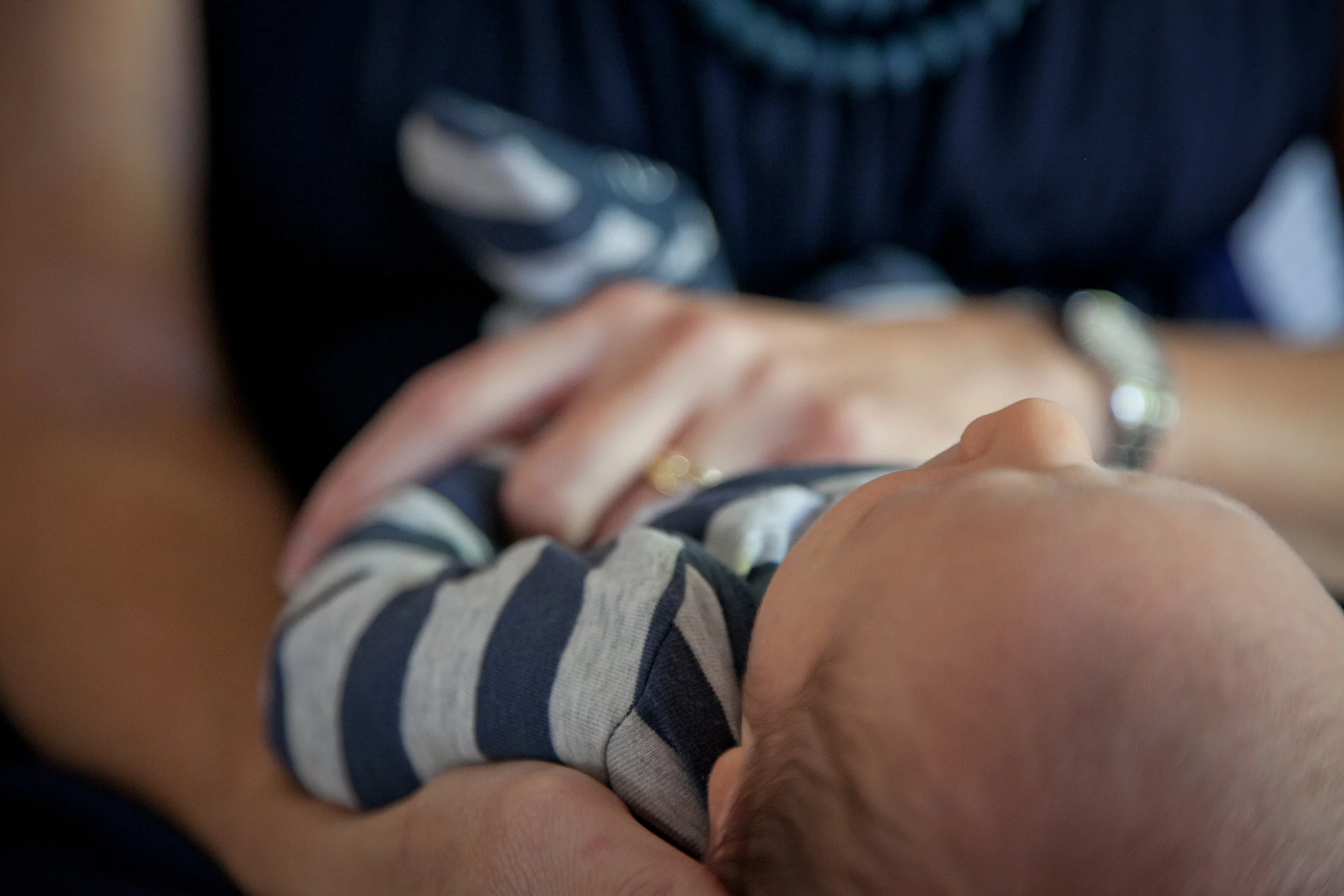Everything You Need to Know About Postpartum Hormone Balance & How to Pull it Off Seamlessly
You just had a baby! Congratulations and bravo on accomplishing one of the most incredible feats of the human body. So now you are home with a new baby and new responsibilities, navigating new challenges on almost no sleep or sustenance. Stressed yet? Feeling exhausted, irritable, down? Experiencing new symptoms you’d never had before getting pregnant?
From the first trimester through the 4th, the female body undergoes many physiological changes, which can throw hormones out of balance. The symptoms listed above are more than just sleep deprivation despite what your well-meaning friends and family may say. They are signs of hormone imbalance and they are messages from your body requesting assistance to reset and restore balance.
Adrenal Fatigue
The sensation we experience as stress is produced by cortisol, the primary stress hormone, coursing in our bloodstream. Cortisol is an adaptive hormone that triggers our flight or fight response in the face of a threat or trauma. As magical as the life-giving experience of childbirth is, anyone who has been through it will undoubtedly agree, childbirth is a physically traumatic experience. In response to the trauma of childbirth the body is flooded with cortisol and its sidekick adrenaline. If you were prone to stress before or during your pregnancy you may already have high levels of cortisol circulating. Add the surge of cortisol during delivery and the stress of a new baby at home and you may begin to experience symptoms associated with adrenal fatigue.
Symptoms of Adrenal Fatigue may include:
- Irritability and impatience
- Depression or baby blues
- Dizziness or lightheadedness upon standing
- Chronic fatigue or exhaustion
- Weight gain around the middle
- Slow healing & Weakened immunity
- Fertility issues
- Fibroids, Endometriosis
- Low libido
- Irregular, painful or heavy periods
- Headaches
Estrogen Dominance
During pregnancy progesterone and estrogen levels increase substantially. Progesterone, produced in large amounts by the placenta, decreases dramatically during delivery. The sudden drop in progesterone, which is known for its mood elevating effects, is one of the reasons for the commonly experienced baby blues, among other symptoms. While progesterone decreases, excess estrogen remains after birth. Estrogen, unopposed by progesterone can cause estrogen dominance, which is often experienced as irregular, painful or heavy periods, depression and anxiety.
In addition, the body’s demand for excess cortisol can interfere with the production and circulation of sex hormones, estrogen and progesterone. Cortisol is the hormone of survival and it trumps the production of all other hormones. If you experience significant stress, your body will increase its demand of cortisol at the expense of others, like progesterone. Thus, stress is yet another way estrogen and progesterone can become imbalanced leading to estrogen dominance.
Symptoms of Estrogen Dominance may include:
- Water retention
- Weight gain
- Uterine fibroids
- Painful, irregular or heavy periods
- Breast pain & fibrocystic breasts
- Fatigue & lethargy
- Depression & Anxiety
- Low libido
Thyroid Imbalance
When cortisol remains in excess it can interfere with the production of other hormones and the function of glands, such as the thyroid. Estrogen dominance also interferes with thyroid function by inactivating thyroid hormone in the blood, rendering it useless as an energy source. The result is often the development of postpartum thyroiditis or hypothyroidism. When the thyroid isn’t functioning optimally, women commonly experience issues with metabolism, weight management, and temperature regulation.
Symptoms of Hypothyroidism may include:
- Weight gain and difficulty losing weight
- Loss of energy/ fatigue
- Fluid retention
- Cold intolerance
- Cold hands and feet
- Difficulty concentrating or poor memory
- Muscle pain/cramps
- Brain fog
- Constipation
- Dry skin/hair loss
Though our bodies have the capacity to naturally adapt to the challenges of pregnancy, childbirth, and post-natal life, several simple lifestyle and diet modifications can help facilitate the process of restoring hormone balance to allow you to enjoy your new life with your little one.
- Acupuncture & herbal medicine can be an invaluable resource for postpartum care. They can both help to restore balance to various hormones, promoting the production of some (progesterone, oxytocin, thyroid hormone), while regulating the production of others (cortisol). They also help regenerate tissues and vital substances, such as blood and Qi (pronounced “chee”) to help recover from childbirth and replenish energy lost during childbirth and the postpartum period.
- Nutrition is vital to restoring balance after childbirth. Traditional cultures often give new mothers homemade bone broths and soups to replenish blood and Qi, and I encourage the same strategy. When it comes to nourishment you can’t nourish your baby if you aren’t properly nourished. Make sure you get enough to eat and take advantage of family and friends’ offers for home-cooked meals. Aim for warm, nourishing foods such as cooked vegetables, animal protein, and high quality fats.
- Tend and Befriend. While childbirth throws the body into a tailspin with hormone fluctuations, it also supplies us with some incredibly potent hormones that help us neutralize the chaos of cortisol. Oxytocin, the bonding hormone, acts as an antidote to the negative affects of cortisol and it is produced in abundance during and after labor. As much as parenting can cause cortisol to surge, it also gives us ample opportunities to boost oxytocin through cuddling, breastfeeding, and any other time spent tending to your little one. Being a new parent also puts you in a great position to meet and befriend other new moms, through support groups, meet ups, and get-togethers. Women have a natural inclination to tend and befriend in response to stress. Take advantage of your feminine intuition: cuddle that little cutie and make some new friends!
- Exercise is a great way to get the blood flowing. In Chinese medicine stagnation is the root of many of the symptoms women experience postpartum, from pain and menstrual irregularity to depression and fatigue. Regular exercise helps promote circulation, reducing stagnation and consequently symptoms.
- Stress Management. Since stress is at the root of most hormone imbalances, stress reduction is perhaps one of the most important methods to restoring hormone balance. Try deep breathing for 5 minutes or finding a guided meditation you like. Daily practice yields transformative results whether you can commit to 5 minutes or 30. Take advantage of feeding and napping times to practice.
- Sleep. Sleep whenever you can possibly manage it. Sleep is necessary to renew, regenerate, and reset hormones. In the early days, sleep when the baby sleeps. When feedings become less frequent, prioritize sleep and let others help with childcare so you can sneak in some shut-eye. You can’t pour from an empty cup. The better you take care of yourself the better you can take care of your new baby.
Most importantly stay connected! Getting out of the house becomes an all-day event with a little one, but it is good for your mind, body, and spirit. Push the stroller around with a friend. Grab a cup of tea with another mom to gush about the joys and vent about the challenges you’re experiencing. Get to an acupuncture appointment or try a yoga or mommy-and-me class. All of the most stress-neutralizing hormones are enhanced when we feel connected, whether it be to our new baby, our friends, our family, or even nature. For my Boston moms, check out our resources page as well as the app Tinyhood for lots of opportunities to connect with other moms, services, and providers.


